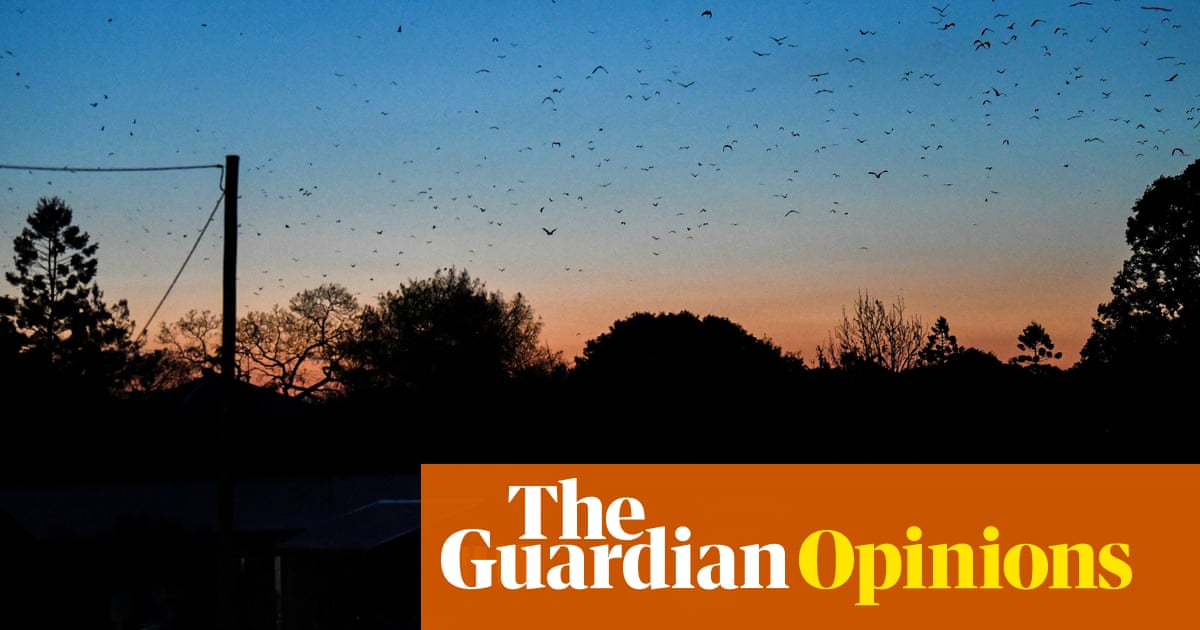
Imagine you’re in your back yard or down at the local suburban park or some other benign place, somewhere you’ve visited a thousand times before. Dusk is falling. The season is tilting. Quite suddenly, you’re overtaken by a distinct feeling of unease. What changed? Nothing. Everything. A shift in the wind, a creaking door, an oddly flickering light. Was that a footstep? No. Only a possum. But for the first time in years you recall the story of that local kid who vanished from his bedroom and was never found; the rumours about the old woman at number 12. In any case, it’s time to leave.
Later when asked, you’d say it was nothing. Because it was nothing you could put your finger on. Which is everything: all that remains unexplained, all those things you do not wish to confront, everything you’ve worked so very hard to contain.
The English term for a certain mode of literature – one characterised by feelings of unease in an otherwise familiar setting – is “the uncanny”. I have always loved such stories. Franz Kafka is, of course, its high priest, but other practitioners would include Haruki Murakami, Sarah Perry, Stephen King and Leonora Carrington, along with Hilary Mantel’s novel Beyond Black, Peter Carey’s early short fiction and Joan Lindsay’s Picnic at Hanging Rock. These are stories with the wayward logic of dreams. The original German word for the uncanny is das unheimlich, which translates more literally as “unhomely”. Something is not quite right, even if everything looks exactly as it always has. Especially if it looks exactly as it always has.
Why read a novel? Pleasure, of course. Drama. The characters. Relaxation. Escape. But there’s something else. Those little stabs of recognition. A great book puts into words things you knew but didn’t know you knew or were otherwise unable to articulate; that itch below the surface of comprehension. There’s Nabokov’s characterisation of a nutcracker as a “leggy thing” falling from Pnin’s sudsy grasp into the sink like “a man from a roof”; Melville’s unforgettable description of baby whales that resemble “human infants [who] while suckling will calmly and fixedly gaze away from the breast, as if leading two different lives at the same time”. A writer’s task, as Susan Sontag put it, is to pay attention to the world. In description lies revelation. It’s akin to unwrapping an ideal gift; something that, until that very moment, you didn’t know you needed. Yes, you think. That’s exactly what it’s like.
I have often wondered about my attraction – as a writer and reader – to the unheimlich. Why it has always spoken to me – or whispered, more accurately, from under beds and behind walls. In writing about it, the reason has revealed itself, like a gift left by a mysterious visitor. It is because it’s contained in my own past. The sensation of the uncanny is akin to that of adolescence, when experiences of the adult world – sometimes frightening, often incomprehensible – intrude. What’s that noise? Dread is that delicious battle between attraction and repulsion. You want to know, you don’t want to know. What exactly are the adults up to over there?
The uncanny is not in faraway lands, despite the exotic origins of the word. It’s where I spent my childhood – and probably where you spent yours. Most Australians live in those colonial hinterlands between the city and the bush, where it’s not quite one thing or the other; a tamed environment in need of continual management to keep unruly nature at bay. All those houses and rooms and windows glowing in the night. Hopeful, secure, serene. The possums pausing on branches, the dogs barking at ghosts, the shadows lurking among bushes and trees. The Australian uncanny lies in suburbia, that space between the city and the country, between the future and past, between childhood and adulthood, between knowing and unknowing; that vast kingdom of ordinary gods and monsters.
Chris Womersley’s new novel, Ordinary Gods and Monsters, is out now (Picador, $34.99)












